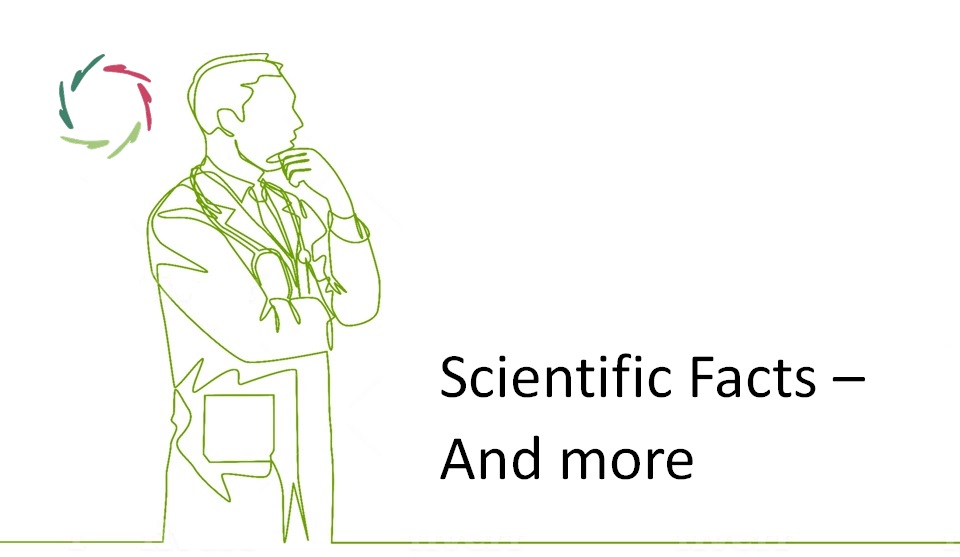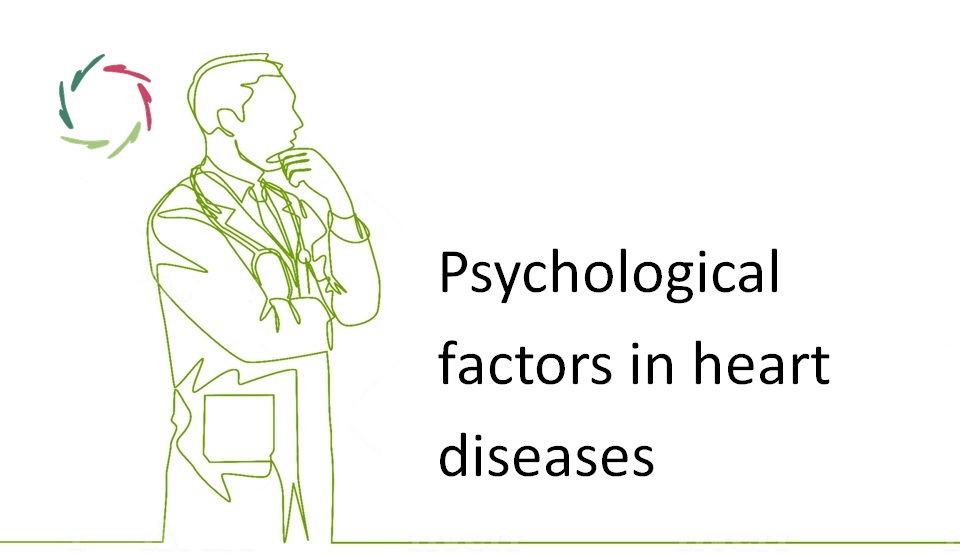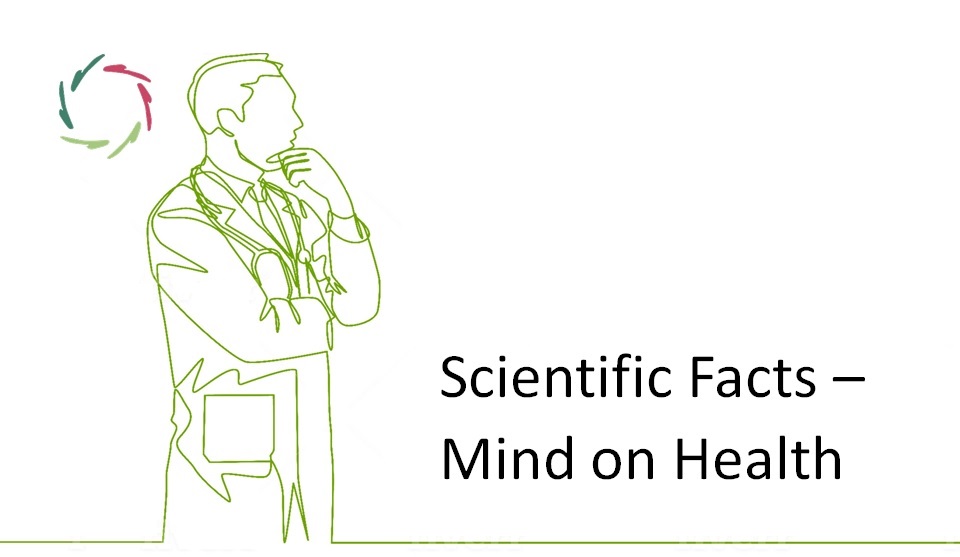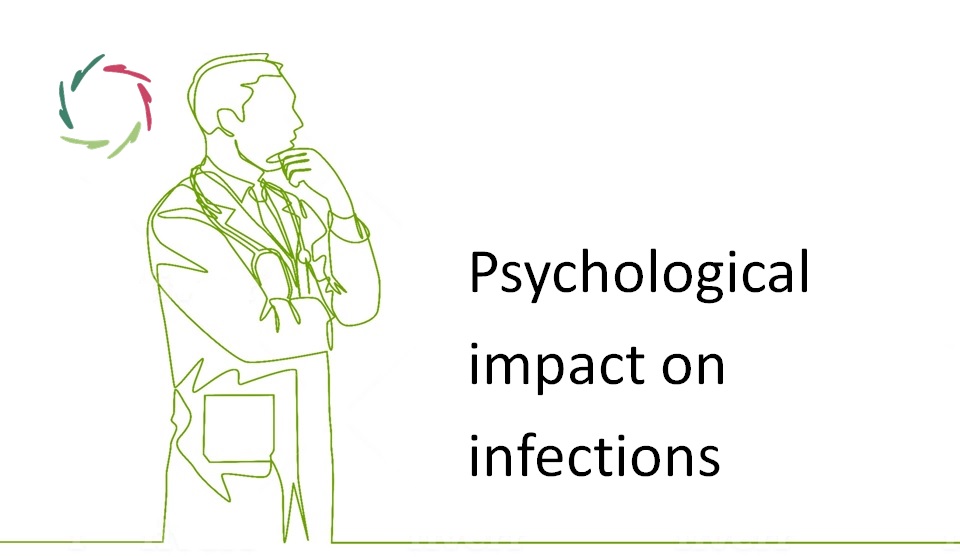And more

I closed my eyes – more or less – put my hand in the box of PubMed (huge repository of abstracts and references to top-level medical journal articles) and took out a bunch of relevant research to share it with you in this chapter. There is a lot more in PubMed for whoever cares to search for it.
Also, what is to be found in experimental medical research is only the top of the mountain that real-life may show when better research instruments will become available. A big part of the difficulty lies in conceptualization. Not without reason is my PhD-thesis titled ‘subconceptual processing.’ The sub-conceptual (mostly non-conscious) part of mental processing is most apt to influence the body. Attentive readers of Your Mind as Cure may gain a better insight into this. However, by definition, the subconceptual is less prone to formalization and thus to be scientifically investigated according to strict rules of medical ‘randomized controlled trials.’ The most relevant patterns are not formal ones. Thus, what happens is that recipients (concepts) are created in which disparate subconceptual patterns are aggregated.
‘Stress’ is an excellent example of this. Suppose I want to investigate the effect of mental stress on health. How am I going to define stress in a meaningful way? We cannot directly derive the presence or the exact degree of stress from the number and gravity of the challenges someone meets. Thousands of factors could influence the meaning a person attaches to the different elements of his or her situation. The appreciation of the situation, together with the ideas and expectations attached to it, will determine if and to what degree someone suffers from stress – and from what particular type of stress. Some may be ‘good stress,’ some may be ‘bad stress’ in any specific situation. With proper distinction, we may better see what has which influence. Perhaps we should abandon the notion of stress altogether as it is a catch-all concept. Data indicate that the psyche indeed influences cancer, possibly even substantially, provided one does not start from the extremely vague notion of ‘stress.’
Still, many scientific articles carry the term ‘stress’ in their title as if this is straightforward ‘the thing that has been investigated.’ Of course, with so little distinction, there is also relatively little influence of “stress’ on any illness. This happens again and again and again in the whole domain of mind-body related medical science. What to do about this? We shouldn’t throw the science away, of course. On the contrary, we should delve deeper into it. Much deeper. The medical science as we know – with double-blind as ‘top level’ – is a right direction towards investigating conceptual things, such as pharmacological products. Even here, placebo is more and more a kind of a fun-breaker, with the result that we know now that we know less than we used to ‘know.’ Even so.
But where the human mind is involved, we need more. At stake is a considerable lot of financial resources as well as human suffering. My take on this is that with the use of artificial intelligence, we will be able to learn much more about ourselves as humans. A consequence of this will be a much more in-depth knowledge about what makes us ill from inside out, and what can make us better from inside out. A.I. tools will enable us to make much more proper distinctions, also at the subconceptual level. That, of course, is the aim of Lisa as I have described in The Journey Towards Compassionate A.I.


